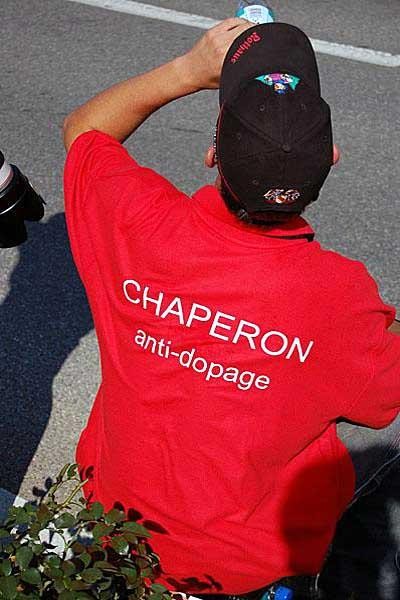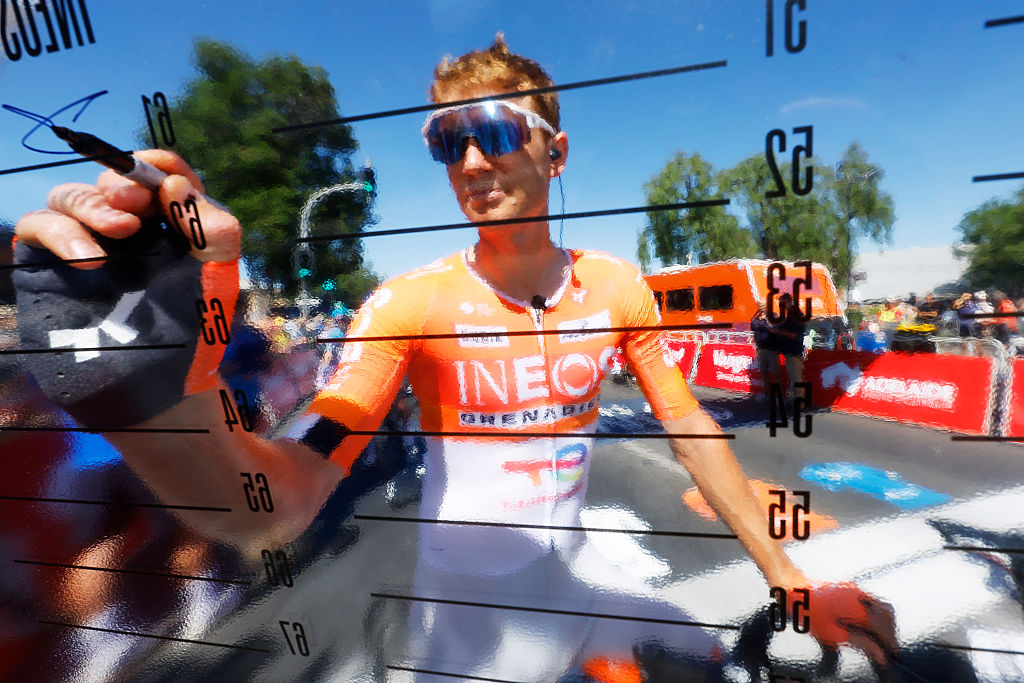Rumours surrounding Tour samples rampant
By Laura Weislo Ever since French Anti-Doping Agency (AFLD) chief Pierre Bordry announced he had...
The latest race content, interviews, features, reviews and expert buying guides, direct to your inbox!
You are now subscribed
Your newsletter sign-up was successful

By Laura Weislo
Ever since French Anti-Doping Agency (AFLD) chief Pierre Bordry announced he had ordered additional testing on a number of riders' samples from the 2008 Tour de France which had been 'suspicious', the cycling media's rumour mill has been going into overdrive.
Bordry announced earlier this month that there were a number of urine samples which had been suspicious when tested for a new Erythropoietin (EPO) drug called Continuous Erythropoiesis Receptor Activator (CERA), but the test was not definitive enough to declare them positive. The AFLD ordered the riders' corresponding blood samples to be delivered from Lausanne, the laboratory which had performed the pre-Tour blood profiles, to the Châtenay-Malabry laboratory in order to be subjected to the newly-developed CERA blood test.
Prior to the Tour de France start in Brest, all Tour entrants were subjected to blood profiling. On July 11, it was reported that a number of samples had shown unusual haematocrit or haemoglobin values in that profiling, with the number of suspicious riders given between 10 and 20.
Bordry told the Associated Press on Friday, September 19 that the samples of the riders with these abnormal values had been received in France, that the testing had commenced on that Monday (September 15) and that it would take 10-15 days to analyse all of the samples. This could have meant that an announcement of any positive samples may have been made last week.
However, a week passed before Bordry revealed that the testing would commence this week after it was delayed in order "to surround the process with great scientific and legal security".
If the testing does indeed take 10-15 days and did not begin until this week, it is unlikely that any positive samples have been identified at this time. However, several European news agencies have said 14 riders could be found positive, and have given lists of teams and names of riders, presumably drawn from an earlier list of riders who had been found with abnormal pre-Tour values.
The latest race content, interviews, features, reviews and expert buying guides, direct to your inbox!
There has been no official announcement as to which riders' samples have been ordered from Lausanne. It must also be stressed that abnormal blood values can be found for a number of natural reasons, and is not necessarily an indication of doping.
However, during the Tour de France, three riders tested positive for EPO: Manuel Beltrán, Riccardo Riccò and Moisés Dueñas. Both Beltrán and Riccò had been subjected to targeted testing based upon abnormal pre-Tour values, while Dueñas was found positive after a random control.
Anti-doping expert Dr. Rasmus Damsgaard, who runs an independent testing system for the Team CSC-Saxo Bank and Astana teams, noted in July that he felt the EPO use in the peloton had not been adequately dealt with. After examining the data from several tests which had been declared negative by World Anti-Doping Agency (WADA) laboratories, he said the agency was "sitting on a mountain of EPO positives".
"It was very obvious that the gels were very un-natural or very different from natural distributions," Damsgaard told the BBC. "But I also saw that they were declared negative because they didn't fulfil the WADA criteria of a positive test; although they looked suspicious and had no natural bands at all, they were still declared negative."
There remains a chance that more riders will be declared positive for EPO from this year's Tour de France, and Cyclingnews will be sure to bring its readers all of the information as it becomes available from confirmed sources.

Laura Weislo has been with Cyclingnews since 2006 after making a switch from a career in science. As Managing Editor, she coordinates coverage for North American events and global news. As former elite-level road racer who dabbled in cyclo-cross and track, Laura has a passion for all three disciplines. When not working she likes to go camping and explore lesser traveled roads, paths and gravel tracks. Laura specialises in covering doping, anti-doping, UCI governance and performing data analysis.
